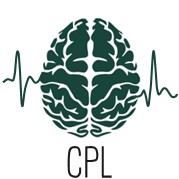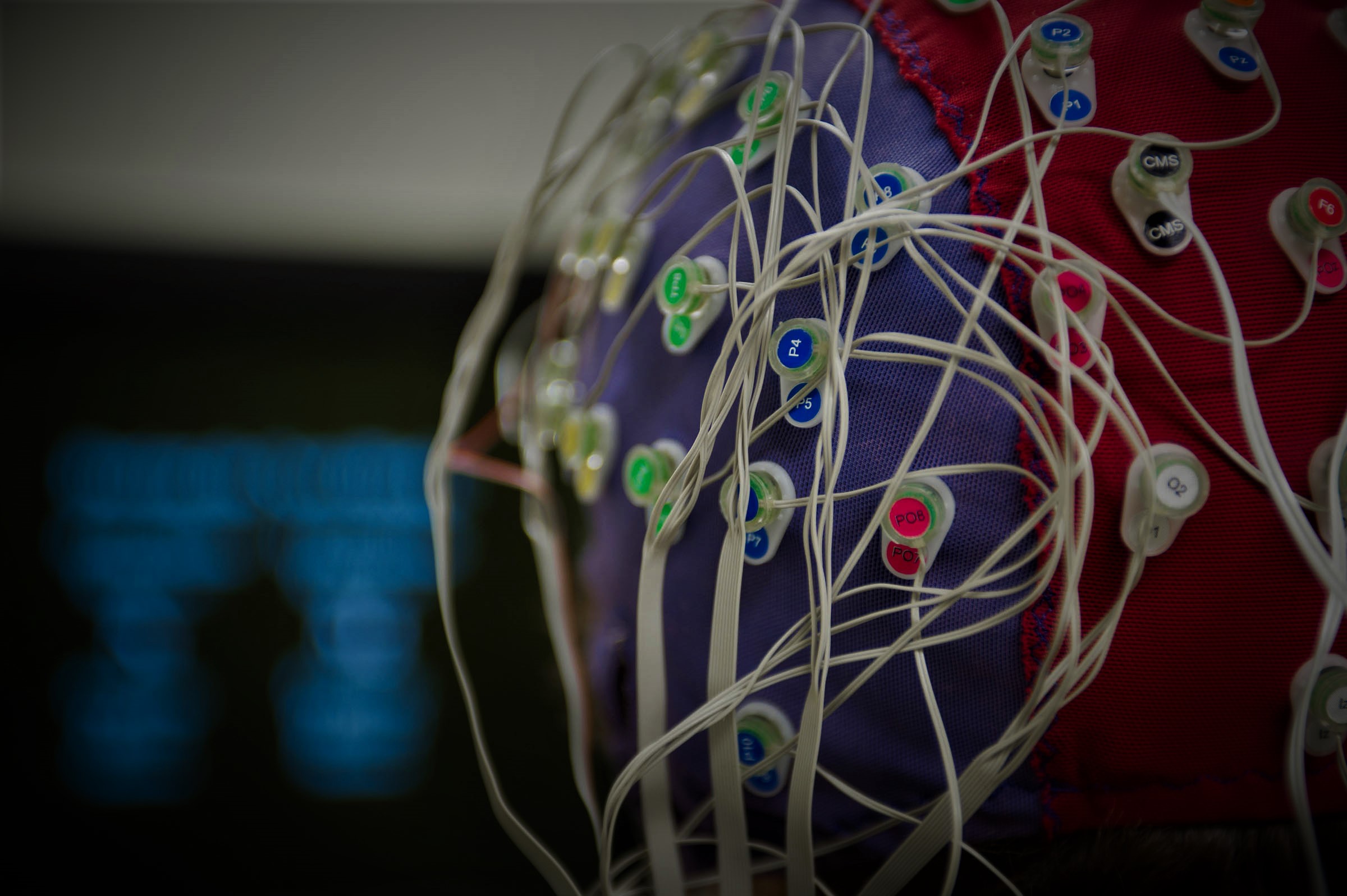A secret of science: Mistakes boost understanding
Failure can change how you learn — and propel you toward success.
But How Do You Really Feel?
Staying attuned to your emotions can help boost resilience, lower anxiety, and point you toward activities that bring joy.
How Can You Conquer Ordinary, Everyday Sadness? Think Of It As A Person
New research suggests anthropomorphising your emotions can help you control them. But how do you actually go about it?
Expressive Writing Liberates the Mind from Chronic Worrying
During expressive writing, you let go of any inhibitions and write freely about your deepest thoughts and innermost feelings with the understanding that it will never be read by anyone else or shared on social media.
For Worriers, Expressive Writing Cools Brain on Stressful Tasks
Chronic worriers, take note: Simply writing about your feelings may help you perform an upcoming stressful task more efficiently, finds a Michigan State University study that measured participants’ brain activity.
Quiet Your Anxiety By Talking To Yourself In The Third Person
Researchers found that people create distance between themselves and whatever is causing negative emotions, like fear or anxiety, when they self-talk in the third person.
Today
The Voice Of Reason
Researchers found that people create distance between themselves and whatever is causing negative emotions, like fear or anxiety, when they self-talk in the third person.
Talking To Yourself Isn’t Crazy, It’s Stress Relief
The research shows that, by distancing your thoughts from the typical first-person mindset, we’re able to better analyze our own emotional reactions without bias.
Feeling Anxious? Scans Suggest Just 20 Minutes Of Meditation Could Improve Your Life
Neuroscientists from Michigan State University (MSU) have now presented clinical data suggesting the practice can help anyone deal with intensely emotional situations in a calm and balanced way, whether they are “naturals” at meditation or undergo a crash course.
Nature Or Nurture? It’s All About The Message
No one knows for sure, but telling people the latter – that hard work trumps genes – causes instant changes in the brain and may make them more willing to strive for success, indicates a new study from Michigan State University.
Positive, Negative Thinkers’ Brains Revealed
The ability to stay positive when times get tough – and, conversely, of being negative – may be hardwired in the brain, finds new research led by a Michigan State University psychologist.
When Rules Change, Brain Falters
For the human brain, learning a new task when rules change can be a surprisingly difficult process marred by repeated mistakes, according to a new study by Michigan State University psychology researchers.
The Art of Failing Successfully
Bob Dylan once declared that “there’s no success like failure.” At first glance, this line makes no sense: Success is the opposite of failure. Or is it?
Over-Thinking Causes Anxious Girls To ‘Burn Out’, Claims Study
According to recent research by Michigan State University, female brains in a state of anxiety work much harder and are more prone to making mistakes, compared to the (less worried) brains’ of boys.
Harnessing Positive Energy Like Alexandria Ocasio-Cortez
Emotions often seem beyond our control. However, it only takes a moment of self-awareness and a simple reminder of your own power to right your mental ship and keep going strong.
How Journaling Can Help You Stop Worrying
Expressive writing can help you get those fears out of your head— so you’ll have more brainpower to devote to accomplishing even the most stressful tasks.
Here’s How Referring To Yourself In The Third Person Can Help
Treating yourself as a separate person may actually allow you to think more objectively or calmly and be your own coach or counselor.
Talking To Yourself Isn’t A Sign Of Madness: It Makes People Feel Less Distressed And More In Control Of Their Emotions
Talking to yourself helps people feel less distressed and more in control of their emotions, new research suggests
Need To Relieve Stress? Try Talking To Yourself
Carving out time for a therapy session is a great way to reduce some stress. However, a new study suggests there is someone else you can talk to release tension: yourself.
Meditation Helps Tame The Brain’s Emotional Response, Study Finds
A new study in Frontiers in Human Neuroscience finds that people who naturally lack mindfulness can achieve at least a bit of it, and reduce their emotional reactivity, by doing a short bout of meditation.
Brains Get a Performance Boost From Believing Effort Trumps Genetics
How we’re predisposed to think about problems changes the way our brains handle them. Beyond the abilities we’ve inherited, the most important factor in achievement may be believing that it’s within reach.
Anxious Girls’ Brains Work Harder
In a discovery that could help in the identification and treatment of anxiety disorders, scientists say the brains of anxious girls work much harder than those of boys.
Cracking Your iPhone Screen, And Other Real-Life ‘Own Goals’
It’s hard not to empathize with players who score on their own teams; it’s exactly these kinds of errors that are so frustrating, largely because there’s no one to blame for them but dumb ol’ you.
Anxiety Causes Women’s Brains To Work Harder Than Men’s
Brains of anxious women work harder than men when put in similar stressful situations, according to a new study conducted at the Michigan State University.
Learning From Your Mistakes Is All In The Mind
How people react to their mistakes depends on their mindset, and whether people believe it is not worth trying harder if they fail a test, psychologists said.
The Right Way to Learn from Your Mistakes
We all make mistakes, but new research shows there’s a right way to deal with them.
Why Do Some People Learn Faster?
Education isn’t magic. Education is the wisdom wrung from failure. A new study, forthcoming in Psychological Science, and led by Jason Moser at Michigan State University, expands on this important concept.
10 Simple But Crucial Ways to Deal With Holiday Travel Stress
It doesn’t have to be the worst travel day ever.
Expressive Writing Could Alleviate Stress In People Who Worry Too Much
MSU researchers believe expressive writing could serve a tool for worriers to relieve stress.
What’s the Difference Between Occasional Obsessive Thoughts And OCD?
There’s a difference between occasionally feeling the urge to double check or deep clean something and having OCD.
Feeling Stressed? Try Talking To Yourself, But In Third Person
Many people encounter stress on a daily basis. Hopefully, most of us have friends who can help talk us off a ledge when things get rough. But sometimes the only person you have to talk to you is yourself, and science also shows it’s a great idea.
Talking to Yourself in the Third Person May Help Control Your Emotions, a Study Finds
Everyone gets upset sometimes, and most people can probably relate to feeling like they’ve lost control of their emotions at one point or another.
The Weird Way of Talking That Can Help With Stress
Whether you like to admit it or not, you’ve probably talked to yourself at some point in your life. Some people do it more than others, but new research has found that self-talking in a particular way can actually help you cope with stressful situations — and you don’t even need to do it out loud.
Science-Backed Brain Game Eases Distraction, Anxiety
Researchers have created a surprisingly simple yet targeted brain game that reduces anxiety by helping people focus in an increasingly distracting world.
11 Habits Of People Who Never Worry
Worry is, sadly, an inevitability of life. Bad things are bound to happen, and the natural human reaction is to think about the negative consequences that could potentially arise.
Inside the Minds Of The Perfectionists
Researchers used to blame parenting but studies suggest a genetic link; procrastination is a problem
Anxiety Can Bring Out the Best
Somewhere between checked out and freaked out lies an anxiety sweet spot, some researchers say, in which a person is motivated to succeed yet not so anxious that performance takes a dive.
Can You Raise Your IQ? Yes, If You Think You Can
Psychologists at Michigan State University in East Lansing conducted a series of experiments to see if “mind set” makes a difference in how humans process and react to mistakes. And it turns out that it not only makes a difference, it does so almost instantaneously.
How The Brain Responds To Making Mistakes
Dr. Kevin Fong visits Michigan State University and is fitted with an EEG cap, which measures the electrical activity of the brain. It allows Jason Moser, a psychology professor and expert in error-processing in the brain, to see how quickly his brain responds to making mistakes.

